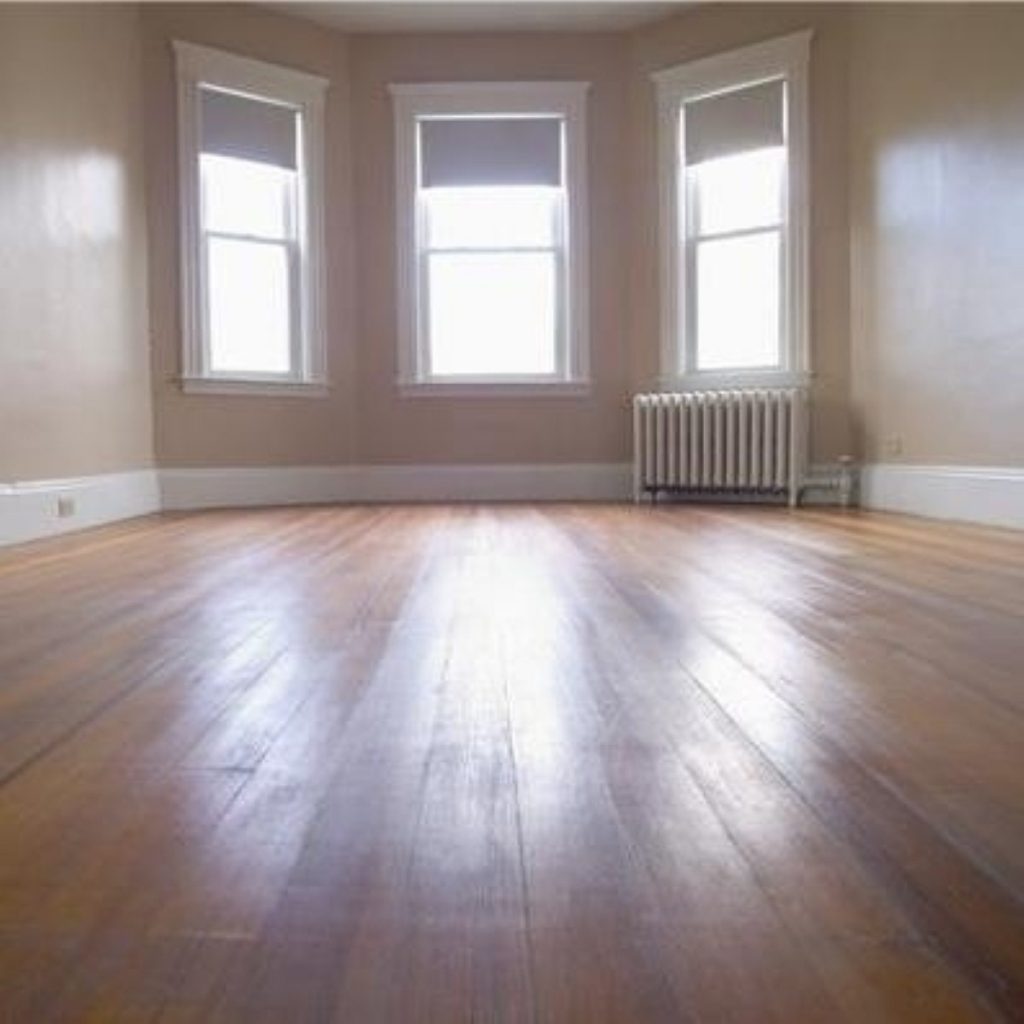Govt plan to tackle ‘studentification’ runs into trouble
By Liz Stephens
Government plans to cut the number of houses of multiple occupancy (HMOs) in some areas have been met with anger by student groups and property organisations.
The government are currently considering giving local councils the power to limit the number of HMOs due to concerns about anti-social behaviour.
The proposals will be aimed at avoiding ‘ghost towns’ – where areas with a high student population become almost empty during the holidays.


The government are considering empowering councils to limit the number of houses with more than six unrelated occupants in a single area.
But opponents say the powers would affect migrant workers and young professionals as well as students and will effectively dictate where people can live based on their income.
They claim the move would be damaging to social integration policies, which the government have promoted to ensure that so-called ‘sink estates’ are not recreated.
Liz Peace, chief executive of the British Property Federation (BPF), said: “You can’t use the planning system for social engineering or to tackle anti-social behaviour.
“Only a tiny fraction of places suffer from a high concentrations of HMOs and using a broad brush approach to deal with different issues relating to anti-social behaviour makes no sense.”
Wes Streeting, president of the National Union of Students (NUS) said: “It is extremely foolish to propose that we displace all of these people in the middle of a housing crisis”.
But a spokesman for the Department for Communities and Local Government said: “Students bring benefits to the places they live in, but too many residing in one area can impact negatively on a community”.
Property professionals have warned the proposals could also cause problems for mortgage-holders.
Alan Ward, chair of the Residential Landlords Association, said: “Planning permission can affect the marketability and value of property, forcing landlords to repay capital on their loans, or sell, resulting in loss of homes for tenants.”
According to the Home Office, students are statistically three times more likely to be victims of burglary because they own more expensive consumer goods per head.









